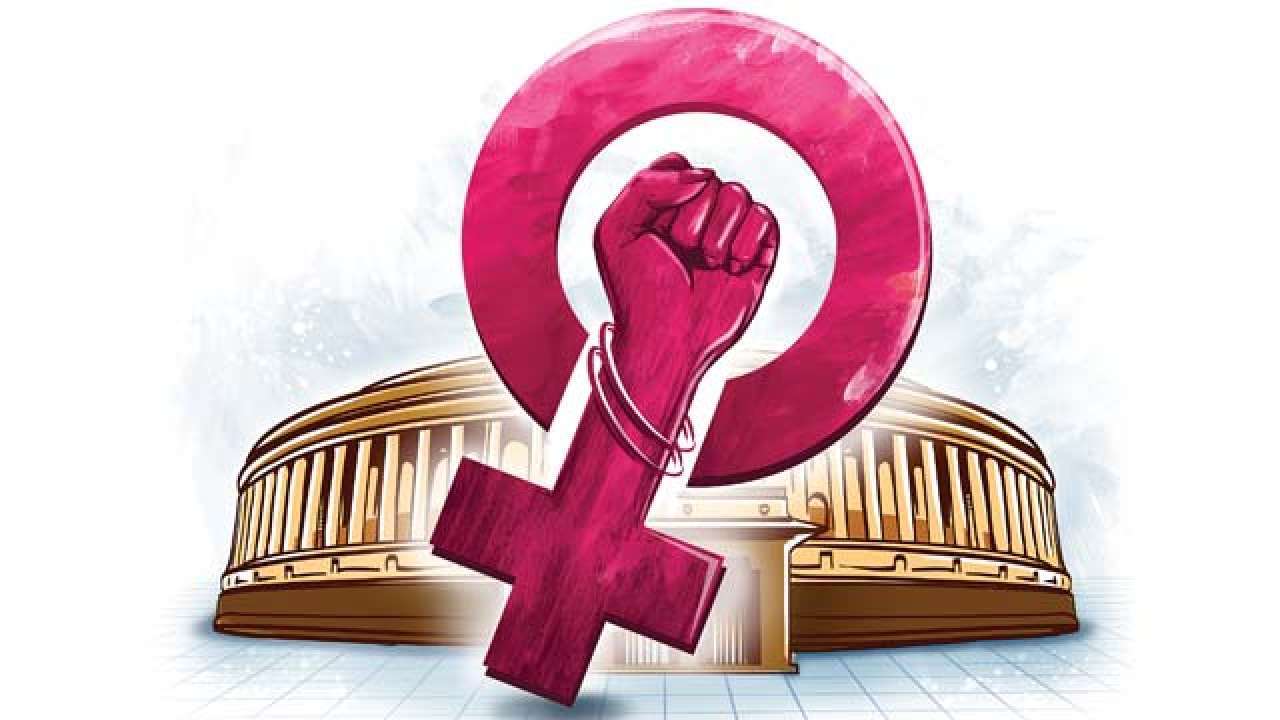
Introduction:
The Women Reservation Bill, also known as the Nari Shakti Vandan Adhiniyam, Constitution (108th Amendment) Bill, is a newly passed law in India that aims to reserve one-third of the seats in the Lok Sabha, Rajya Sabha, and State Legislative Assemblies for women. This bill seeks to address the underrepresentation of women in politics (which is abysmally low—around 15% in Lok Sabha and 12% in Rajya Sabha) and provide them with equal opportunities to participate in the decision-making process. The bill proposes to amend Articles 330 and 332 of the Constitution of India, which deal with the reservation of seats for Scheduled Castes and Scheduled Tribes, to include the reservation of women too.
Historical context
The idea of women’s reservation in politics can be traced back to the early 1990s, when the Women’s Reservation Bill was first introduced in Parliament. However, despite several attempts, the bill couldn’t become law. The reasons could be cited, as men didn’t want their seats to be occupied by women. Another issue was whether the women from backward classes needed to be given reservations in that 33%.
Why is the reservation of women significant?
Reserving seats for women would help in achieving the following objectives:
- Gender Equality: Women constitute almost half of the population, and their equal representation in politics is essential for achieving gender equality. Women’s perspectives, experiences, and concerns often differ from those of men, and their inclusion in decision-making processes ensures a more balanced and inclusive approach to decision-making.
- Empowerment: Political representation provides women with a platform to voice their opinions, advocate for their rights, and influence policy decisions that directly impact their lives. It empowers women by giving them a voice and enabling them to actively participate in shaping the future of their communities and the nation.
- Role Models: Increased representation of women in politics serves as an inspiration for future generations of women leaders. When women see other women holding positions of power and authority, it challenges traditional gender stereotypes and encourages them to aspire to leadership roles.
- Policy Prioritization: Women’s presence in politics ensures that issues affecting women, such as gender-based violence, reproductive rights, and equal pay, are given due importance and addressed effectively. Women legislators are more likely to champion policies that promote gender equality and social justice.
- Increased Representation: The bill aims to provide women with a fair share of political power by reserving one-third of the seats for them. This will significantly increase women’s representation in the Parliament and State Legislative Assemblies, enabling them to actively participate in the decision-making process.
- Social Transformation: Women’s increased representation in politics can bring about a social transformation by challenging patriarchal norms and promoting gender equality. It will influence societal attitudes towards women’s roles and capabilities, leading to a more inclusive society.
Challenges or Opposition to the Bill
Despite the numerous benefits of the Women Reservation Bill, it has faced significant challenges.
- Tokenism: Critics argue that reserving seats for women may lead to token representation, where women are elected solely based on their gender rather than their qualifications or merit. They believe that women should be elected on their own merit rather than through representatives.
- Backlash from Male Politicians: Some male politicians fear losing their seats or political dominance if the bill is implemented. They argue that reservations based on gender violate the principles of equality and meritocracy.
- Intersectionality: Critics argue that the bill does not adequately address the intersectional challenges faced by women from marginalized communities. They argue that reservation should also consider factors such as caste, religion, and socio-economic background to ensure inclusive representation.
- Against the principles of democracy: The major argument that is run against the bill is that the essence of democracy would be defeated if seats were reserved for a particular section of society.
Conclusion:
The Women Reservation Law holds immense potential for empowering women in politics and ensuring their equal participation in decision-making processes. It is a crucial step towards achieving gender equality and social justice. The Act is constitutionally sound too. Article 15(3) empowers the state to make special provision for women and children. And democracy is all about the representation of all sections of society and building a more inclusive and egalitarian society. However, the cause of worry is when this law would be implemented.
This burning topic is very important for judiciary exam preparation and any aspirant is required to do in-depth analysis on above such topics for better clarifications and understanding. There are many institutes which are best RJS coaching in Jaipur and are providing best content according to RJS syllabus 2024, aspirant interested in taking their judiciary preparation to the edge can opt for judiciary coaching









